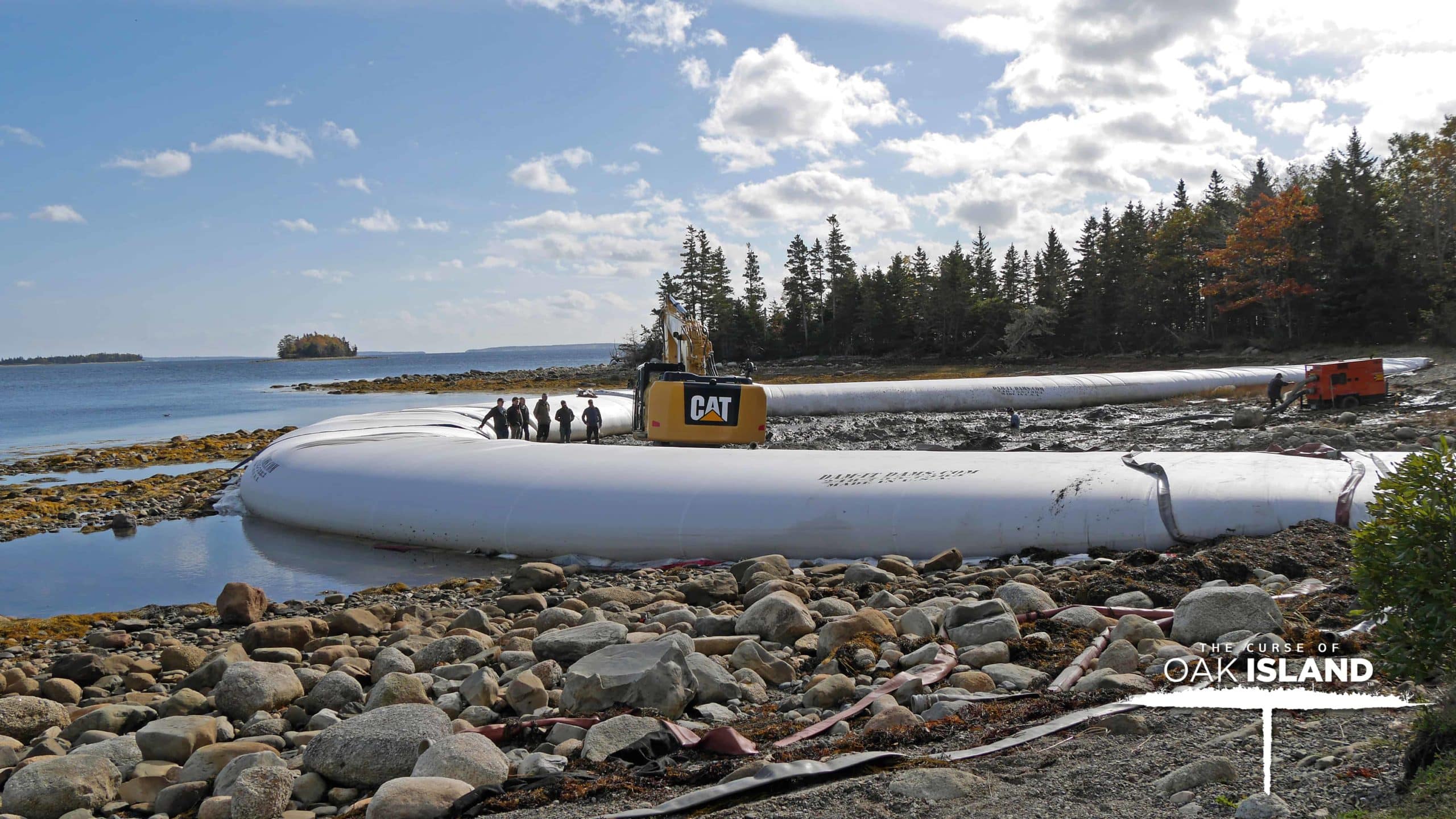
After the devastation delved out to Puerto Rico during hurricane season 2017, forecasters are keeping a close watch this year for direct impacts to the U.S. territory. Hurricane Maria caused the second largest blackout in history and fatalities ranging between 112 and 4,760 (disputed based on the aftermath deaths caused by complications of the hurricane itself). This was the costliest hurricane that Puerto Rico has ever faced. Hurricane Maria was immediately following Hurricane Irma, which also affected Puerto Rico directly, causing a total of over 130 deaths, directly and indirectly. These 1-2-punch blows caused massive fallout for the Puerto Rican community, who are still rebuilding 8 months later, many of them (approximately 11,000) still without power and having no time frame on when power can be restored.

